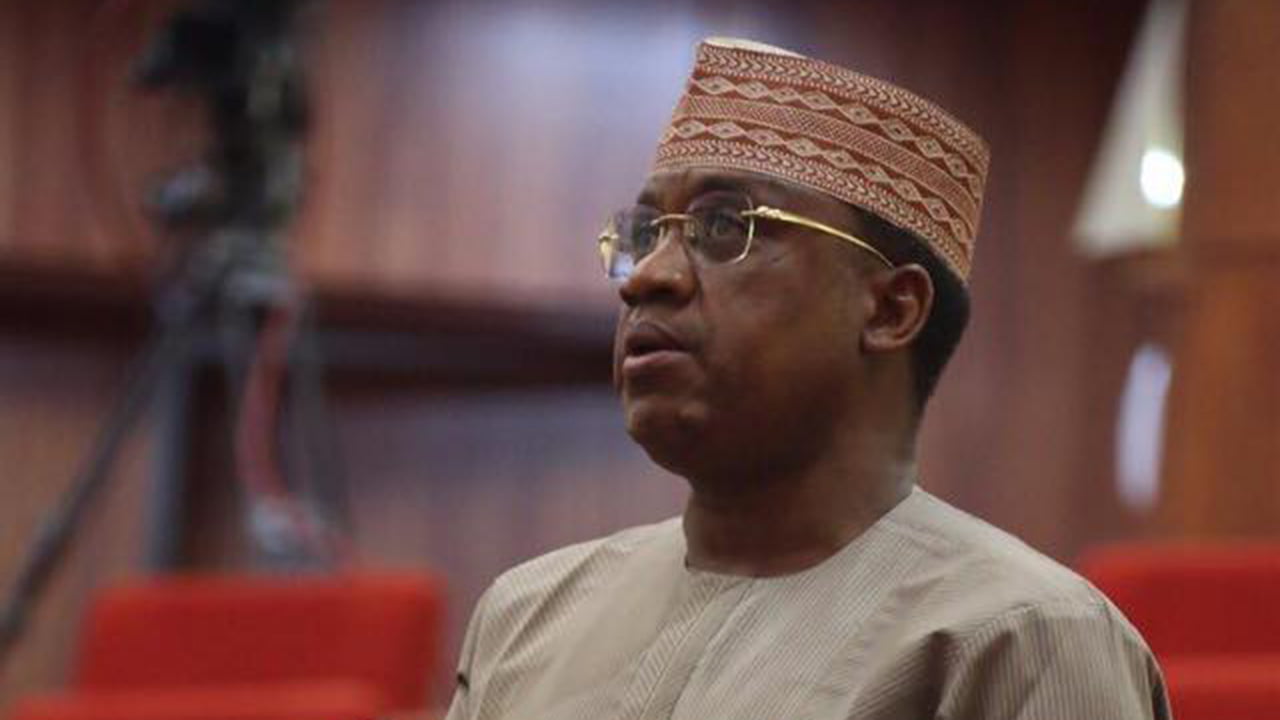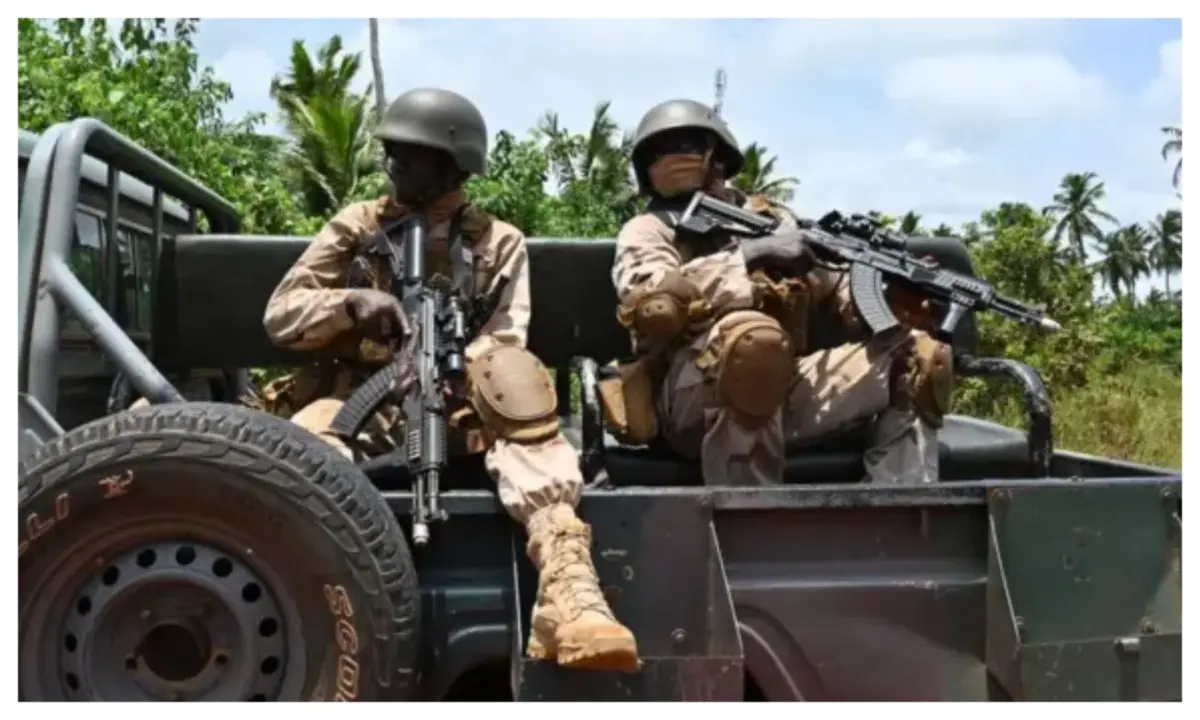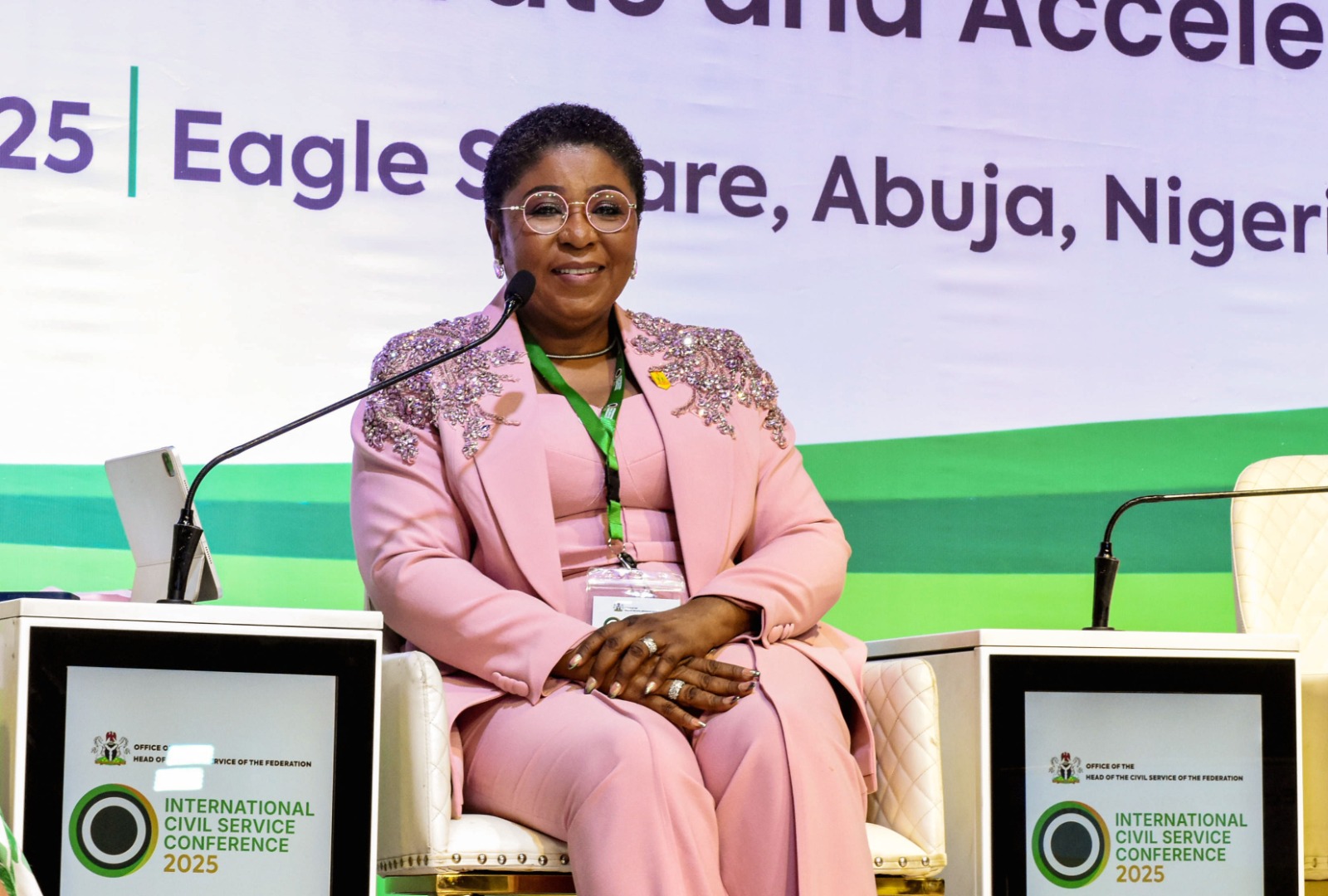A major shakeup is unfolding in Zamfara State’s political environment, as thousands of Senator Kabiru Garba Marafa’s supporters have officially broken away from his camp. In a coordinated move that sent strong signals across the state’s political landscape, loyalists from each of the 14 local government areas renounced their affiliation with Marafa’s structures, declaring their renewed commitment to the All Progressives Congress (APC).
The Mass Defection: A Statewide Declaration
The announcement was made during a high-profile gathering in Gusau, Zamfara’s state capital. Here, the 14 coordinators or chairmen representing Marafa’s political machinery took the stage together to confirm their departure. The event, observed by journalists, party officials, and political observers, highlighted deep-seated frustrations and shifting allegiances within Zamfara’s political elite.
Speaking for the defectors, Abubakar Saddiq—a longtime confidant of Senator Marafa—explained the rationale for the move. According to Saddiq, supporters spanning all 147 wards across Zamfara had reached a crossroads after years of feeling sidelined. “Our collective involvement in politics should deliver progress and foster development for our people,” he said, emphasizing the need for active participation that brings real benefits rather than endless politicking with no clear outcomes.
“No Gains, No Progress”: The Frustration Behind the Exodus
This coordinated exit comes amid growing demands for more impactful political participation and developmental gains among grassroots supporters in Zamfara. Many of Marafa’s former associates now argue that the movement, once seen as a strong force in state politics, has lost its way and become disconnected from the needs of its base.
“We can’t keep engaging in politics without gains. We take part in building a democratic government to benefit from democracy and promote development in our society,” Saddiq stated.
Blame Game: Internal Crisis and APC Losses
A notable element of the defection is the direct criticism aimed at Senator Marafa himself. Saddiq and others allege that Marafa’s actions contributed to internal divisions within the APC, which, according to them, played a significant part in the party’s defeats in both the 2019 and 2023 Zamfara elections. The group claims that the unresolved rifts “weakened the party from within,” causing it to falter at the polls when unity and focus were most needed.
“Senator Marafa has been at the center of internal crises that caused the APC to fail twice in this state,” Saddiq added, pointing out that these leadership struggles ultimately worked against collective progress.
Charting a New Political Course: Back to the APC
In their statement, the group reaffirmed their intention to work hand-in-hand with APC stalwarts to rebuild both the party and Zamfara’s developmental agenda. They emphasized that unity and cooperation, not division, are essential for progress in the state. Saddiq expressed the hope that by rejoining APC, the defectors could contribute to lifting Zamfara out of the doldrums and toward meaningful growth.
“Progress is impossible without peace and unity. Senator Marafa now stands on his own,” Saddiq declared, underlining that the realignment marks the end of Marafa’s stronghold over a large section of Zamfara’s political landscape.
Background: Marafa’s Own Departure from APC
It’s worth noting that this mass defection follows Senator Marafa’s own exit from the APC earlier this year. In August, after a tumultuous tenure marked by internal wrangling and high-profile clashes, Marafa announced his resignation from the party. The former senator, who represented Zamfara Central from 2011 to 2019, justified his decision by criticizing what he described as President Bola Tinubu’s “use-and-discard” style of leadership in relation to the NOWAHALAZONE faction and wider party politics.
This marked a significant shift, as Marafa had long been seen as an influential figure in both Zamfara and national politics, often at the center of heated debates over party unity, leadership, and strategy.
Political Implications: What Next for Zamfara?
The ripple effects of this development could significantly reshape upcoming political contests in Zamfara. The APC, having suffered from years of infighting, stands to regain substantial grassroots support with the return of thousands of former Marafa loyalists. However, analysts caution that simply regrouping is not a guarantee of success. Genuine reconciliation and results-driven leadership will be needed for the realignment to have a lasting impact.
For Marafa himself, this mass departure intensifies the challenge of maintaining a formidable political presence. While some argue that his confrontational style and independent streak have energized politics in Zamfara, others contend that unity and focus are now paramount for moving the state forward.
Local Reactions and Broader Context
The news of the defection has stirred debate on radio call-in shows and social media, with some residents expressing hope that it signals a new era of cooperation. Others remain skeptical, pointing out that previous political realignments in Zamfara have often been driven by personal interests rather than genuine public service.
- For Nigerian and West African readers: This episode is a reminder of the complexities of political loyalty, the power of grassroots structures, and the impact that local dynamics can have on broader national politics.
- For observers outside the region: The situation in Zamfara reflects the challenges many African democracies face in consolidating party unity and translating political engagement into real-world improvements.
Final Thoughts: The Future of Political Mobilization in Nigeria
As Zamfara’s political actors regroup and strategize, the broader lesson for Nigeria and West Africa is clear: sustainable progress depends on genuine inclusion, transparent leadership, and a willingness to place community interests above personal ambition. The coming months will determine if this breakaway group’s return to the APC can help deliver on promises of peace, unity, and development—or if it simply sets the stage for another round of political intrigue.
What does this mean for Zamfara’s people and for other Nigerian states watching from the sidelines? Is this a real turning point or just another chapter in the state’s ongoing political drama?
What’s your perspective? We want to hear your views on political defection and unity in Nigeria. Have you experienced a similar shakeup in your local government area? Drop a comment below, start a conversation, and follow us for more news and analysis!
Got an inside story or hot political tip from Zamfara or any part of Nigeria? Want to get your story published or even sell your exclusive gist? Reach out to us! Email story@nowahalazone.com to have your story featured, or to discuss story sales and submissions.
For general support and inquiries, contact support@nowahalazone.com.
Don’t forget to follow us for more updates, deep dives, and community stories: Facebook, X (Twitter), Instagram.










